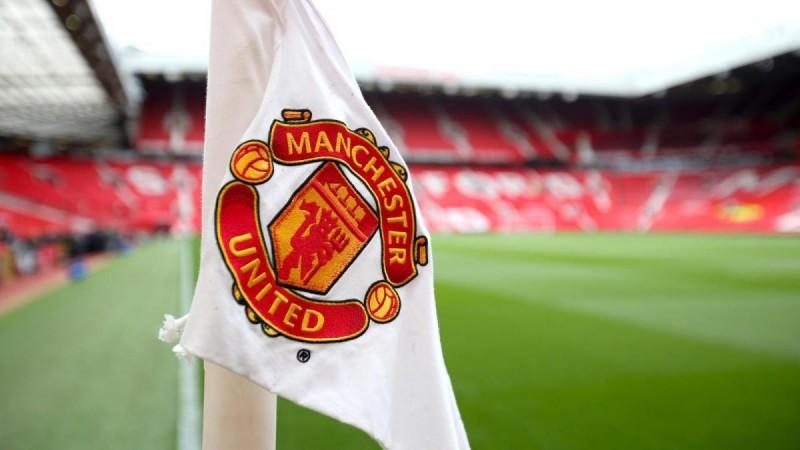
The footballing world has been rocked by a recent decision from the Premier League. The governing body has rejected pleas from Manchester City and Chelsea to delay their opening games of the 2025/26 season. Both clubs had requested this delay due to their participation in the revamped FIFA Club World Cup. The final of this 32-team event is scheduled for July 13, 2025, less than a month before the expected start of the Premier League season. This decision has added to an already congested schedule for top European clubs. Manchester City's manager, Pep Guardiola, confirmed the ongoing talks with the Premier League officials. He expressed his disappointment at the decision, stating, "The Premier League did not allow us and Chelsea to postpone the first games to help with our recovery — thank you so much. So if they do not postpone these games it will be, 'Oh, what do we have to do?'. He further added, "Absolutely not.
The Premier League say yes to us? No. Absolutely not." Fixture congestion is a significant issue in today's footballing landscape. Athletes worldwide have voiced concerns about the increase in games a team has to play in a single season. Over the past two seasons, the number of long-term injuries has drastically increased, with ACL injuries becoming more common, increasing worry amongst the profession. Manchester City's star midfielder Rodri had spoken out on the increased number of games and claimed that the players are close to going on a strike. Soon after his comments, the Spaniard was ruled out for the season after suffering an ACL injury against Arsenal. This incident underscores the potential risks that players face due to the congested schedule.

The Premier League's decision has raised concerns about player welfare, particularly for Manchester City and Chelsea players, given their participation in the expanded FIFA Club World Cup. With the Club World Cup ending just before the start of the season, players will have limited time to rest and prepare, potentially affecting their performance and well-being. This could also impact the clubs' competitiveness at the beginning of the season, as they may not be at their physical best. This situation is reminiscent of similar instances in the past where fixture congestion has been a point of contention. For instance, during the 2018/19 season, Liverpool manager Jurgen Klopp had voiced concerns about the packed schedule, stating that it was a crime to make the players play so many games in such a short period. Similarly, in the 2019/20 season, then Tottenham Hotspur manager Jose Mourinho had criticized the scheduling of games, stating that it was against every rule of physiology and biology.
The current situation underscores the ongoing debate about the congested football calendar and its effects on player welfare. It raises questions about the sustainability of the current footballing calendar and calls for a re-evaluation of the scheduling of games to ensure player safety and welfare. As the footballing world continues to grapple with these issues, it remains to be seen how this situation will unfold and what measures will be taken to address these concerns.


![Happy Birthday King Kohli: Virat Kohli holds Akaay, Vamika in arms; Mom Anushka Sharma turns paparazzi [Pic] Happy Birthday King Kohli: Virat Kohli holds Akaay, Vamika in arms; Mom Anushka Sharma turns paparazzi [Pic]](https://data1.ibtimes.co.in/en/full/805610/happy-birthday-king-kohli-virat-kohli-holds-akaay-vamika-arms-mom-anushka-sharma-turns.jpg?w=220&h=135&l=50&t=40)














